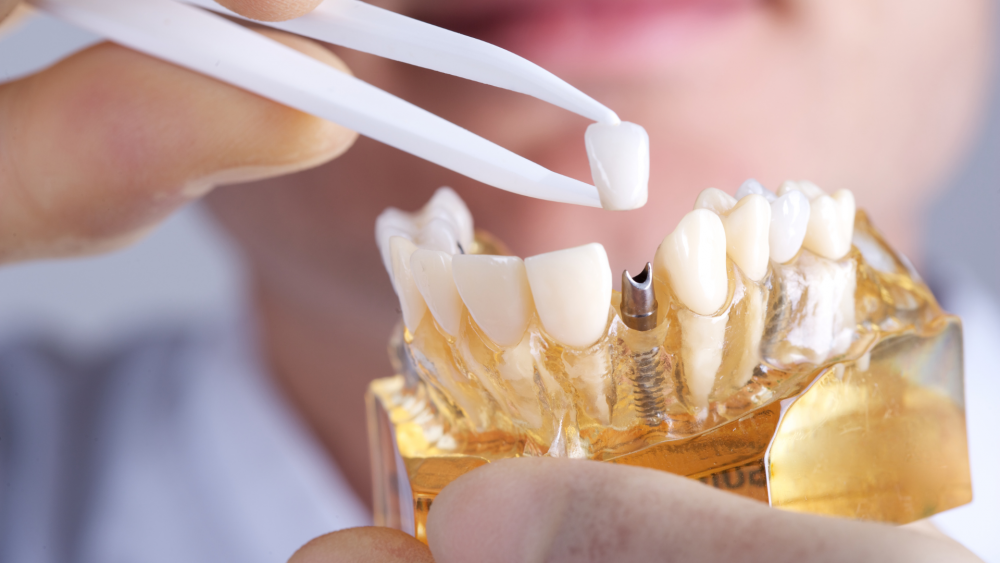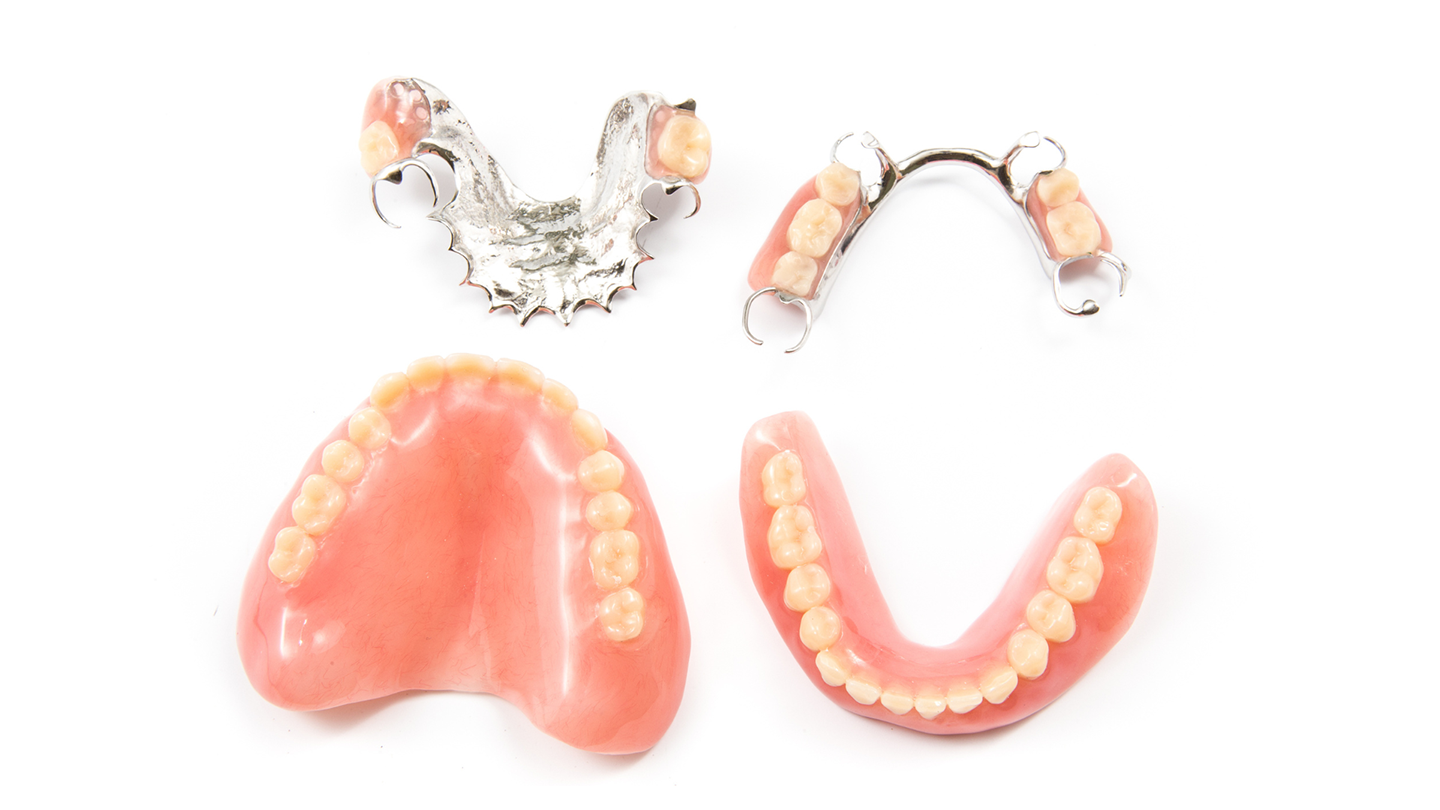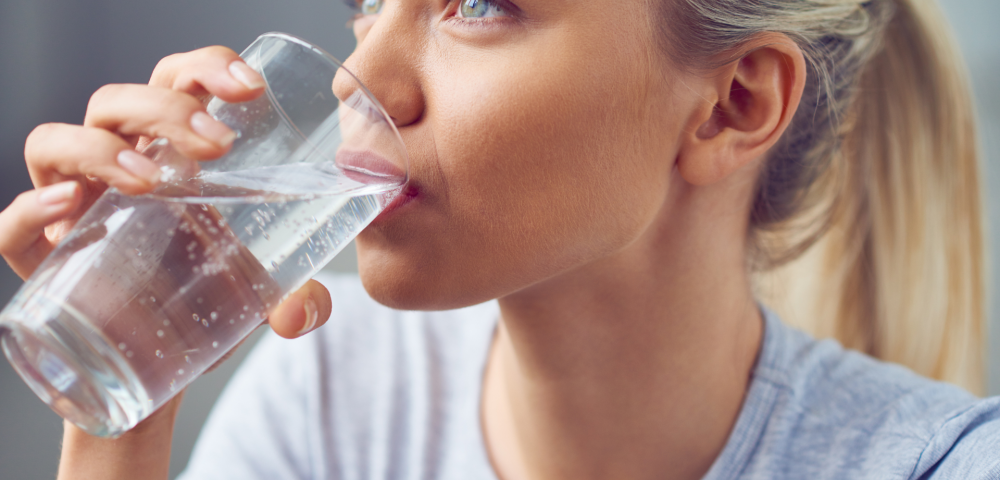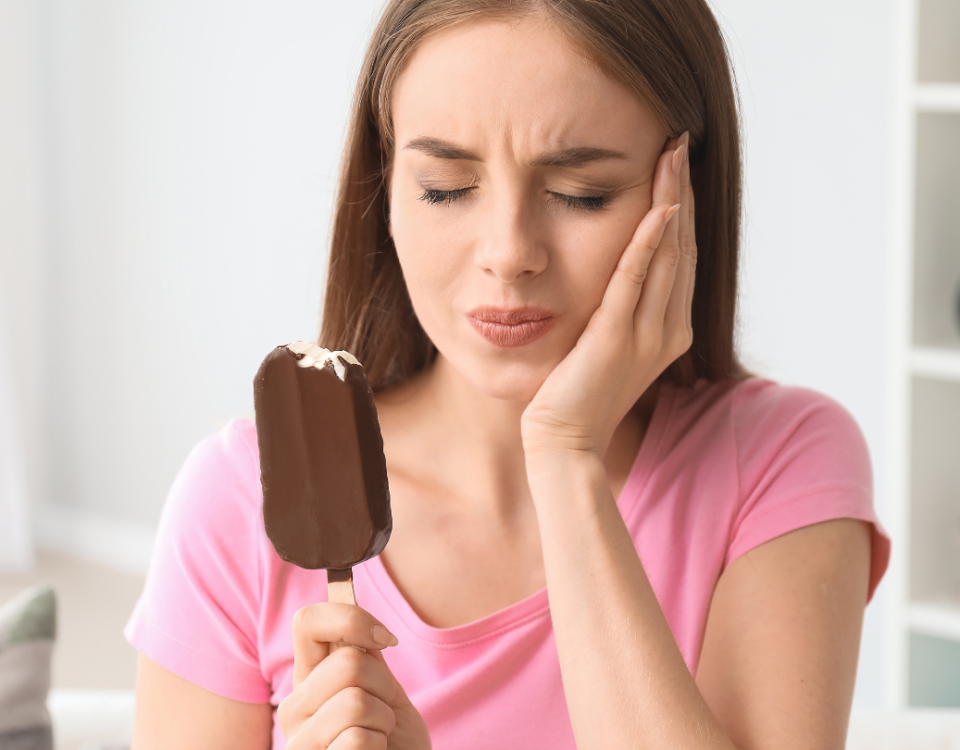
What Are Dental Implants And How Do They Work?
August 23, 2022
What Are The Different Types Of Dentures?
November 13, 2022Key Takeaways:
Acidity Concerns:
Sparkling water is mildly acidic due to the presence of carbonic acid formed when carbon dioxide dissolves in water. However, this acidity is generally not as harmful to teeth as the acidity found in sodas, which contain additional sugars and higher levels of acid.
Comparison with Soda:
Sparkling water is a significantly better choice for dental health compared to sodas. Sodas are highly acidic and contain sugars that feed bacteria in the mouth, leading to enamel erosion and cavities.
Moderation and Hydration:
While sparkling water can be a good alternative to sugary drinks, including sodas and sports drinks, it’s essential to consume it in moderation.
Many people have switched from sugary sodas or sweet tea to drinking sparkling water. This fizzy drink is served plain or has added flavors to enhance the taste making it a tastier alternative to plain water. But is drinking sparkling water bad for your teeth? Our team at Langley Dental Care wants to clear up the confusion about this popular beverage.
What Is Sparkling Water?
Sparkling water, also known as carbonated water, consists of water with carbon dioxide (CO2) added to it. The gas remains suspended in the water in the form of tiny bubbles that create fizziness.
While the simplest sparkling water is only water with CO2, other sparkling water forms have added flavors. If the water includes sweeteners, such as sugar or artificial sweeteners, it is not considered sparkling water.
Without added sugar, sparkling water’s only concerning ingredient is CO2, which turns into carbonic acid. This makes the drink slightly acidic if it does not have additional flavors.
Sugar-free flavors may come from citric acid or other types of acidic agents. These can impact the total acidity of the sparkling water, which may change its properties of healthfulness for your teeth.
What About Sparkling Water Versus Seltzer?
Both sparkling water and seltzer have the same ingredients, water, and CO2. However, sparkling water’s carbon dioxide comes from naturally effervescent sources, such as springs. Seltzer has carbonation added to it. However, both have similar effects on your teeth due to their mildly acidic natures.
How Is Sparkling Water Different from Soda?
Sparkling water does not have sugar, artificial sweeteners, or colorings. These additional ingredients can increase the acidity of the soda. The higher acidity of sodas makes them more detrimental to tooth enamel. If you drink too many sodas, you could wear away the protective enamel on your teeth, increasing your chances of tooth sensitivity and cavities.
A secondary concern with sodas is their sugar content. High sugar levels in soda contribute to cavity development, especially if you don’t practice regular brushing and flossing. Sugar from sodas or food in your mouth feeds bacteria in your teeth, which creates tooth-eating byproducts that lead to cavities. If you regularly drink sodas between meals and don’t brush after meals, your teeth are at risk of enamel erosion and cavities.
Is Drinking Sparkling Water Bad for Your Teeth?
While media articles have frightening headlines about the “dangers” of sparkling water, the real answer of whether it is bad for your teeth is more nuanced than you will find in a headline.
Yes, sparkling water is mildly acidic, but whether that acid level impacts your enamel depends on many more factors, including the natural acidity of your saliva. For most people, sparkling water does no more damage to the teeth than plain, still water, according to the American Dental Association.
Your risks increase for tooth damage if you drink flavored sparkling waters that use citric acid or other acidic flavorings or if you replace still water with sparkling water. However, sparkling water is a better drink for your teeth than soda, which is more acidic and damaging to the enamel.
Can You Drink Too Much Sparkling Water?
Sparkling water is a good alternative to sodas or acidic sports drinks, both of which have sugar and high acidity levels, which can damage teeth. You make a positive change for your dental health when you swap sodas for sparkling water.
However, replacing plain water with sparkling water could cause more harm to your teeth, especially if you drink it multiple times a day or opt for flavored sparkling waters. If you have a habit of drinking sparkling water, try reducing the amount you drink. You can also use some steps to protect your teeth from damage, which include changing how you drink and regularly caring for your teeth.
Overall, choose sparkling water as an occasional alternative to still water or as a regular replacement for sodas to protect your teeth. However, ideally, you should opt for still water as a thirst quencher.
What Are the Best Drinks for Your Teeth?
The best drinks for your teeth are still sugar-free and non-carbonated. Plain water is ideal. If you have fluoridated water from your tap, you get the cavity-fighting benefits of fluoride in every glass you drink. Plus, water has a neutral pH, which does not cause enamel erosion and can help rinse away acids and food particles in your mouth. By diluting acid from sodas or food in your mouth, drinking water can minimize the negative effects of these substances. Finally, water helps to keep your mouth from becoming too dry. Saliva neutralizes acidity in the mouth, and when your mouth is dry, you lack saliva protection.
Milk is another good drink option, especially to help neutralize acids in food. Plus, the calcium in milk gives your body the necessary components to maintain strong teeth.
How to Protect Your Teeth No Matter What You Drink
When drinking sparkling water or other beverages that contain acid, you can take steps to reduce their impact on your dental health.
First, use a straw to sip the drink through. This method minimizes contact between your teeth and the acidity of the drink.
Second, avoid drinking acidic drinks, even sparkling water, between meals. The acid has a greater chance of staying in your mouth longer, which increases the chances of causing damage to your tooth enamel.
If you drink acidic drinks between meals, rinse your mouth with water to dilute the acid. Alternatively, chew sugarless gum to increase saliva production inside your mouth, which can neutralize acids.
Don’t feel tempted to brush your teeth immediately after drinking an acidic beverage. While you should brush and floss regularly, if you do so immediately after having an acidic beverage, the acid stays in your mouth, weakening the enamel. Rinse out your mouth with water and wait before brushing after having acidic drinks or food.
Of course, regularly brush and floss after meals and keep up with twice annually dental exams and cleanings.
Concerned About Your Teeth? Visit Us at Langley Dental Care for a Checkup
If you feel concerned for the health of your teeth, see us at Langley Dental Care. We provide checkups to give you more detailed information about the health of your teeth and gums. If you have an issue, we also provide various treatments to help. Plus, we can make your teeth look great with our cosmetic services. Contact us today to schedule your visit.



